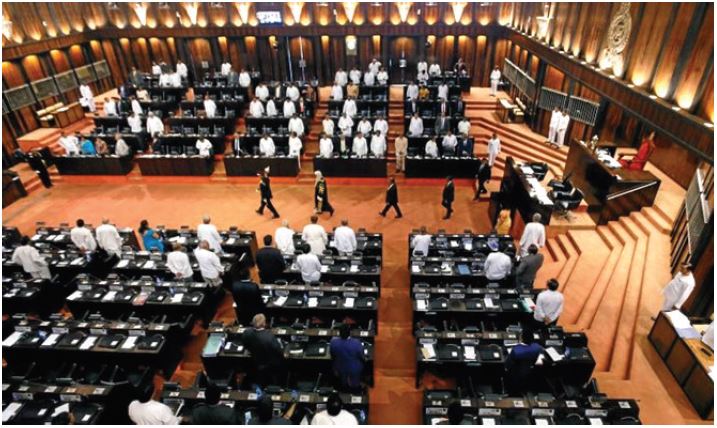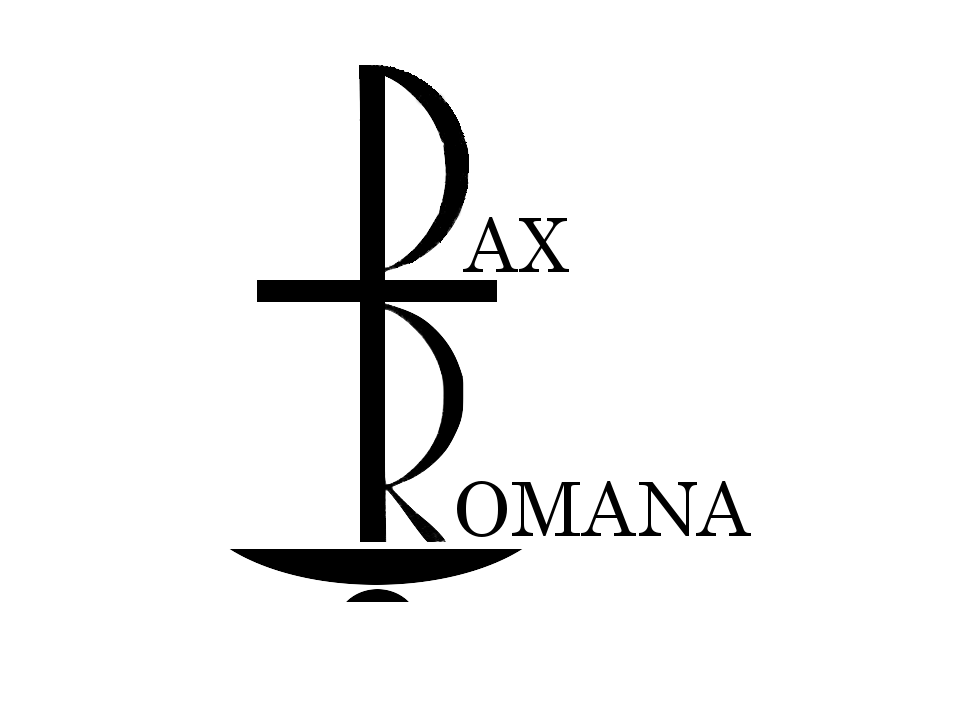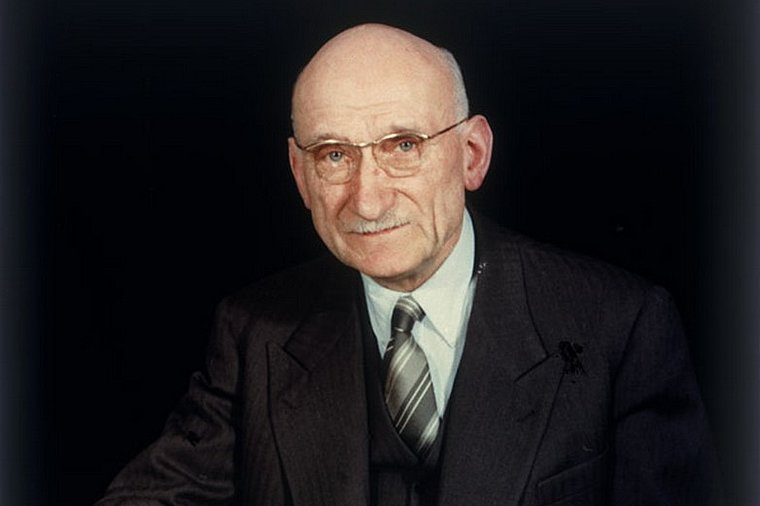
An unbalanced choice.
In “Les deux sources de la morale et de la religion”, Henri Bergson highlights the fantastic impulse given to the West by Christianity which, by desecrating nature and bringing out individual consciousness, has released man’s creative potential. According to him, this dynamic, initiated in the early middle Ages, could lead to two types of process: material development or mystical quest, “control over things” or “self-control that makes things independent”.
It is the first path that has been privileged – the second being reserved for a few initiates withdrawn from the world – and perhaps rightly so, Bergson believes, because to be able to devote oneself to the spiritual life one must be able to be freed from the concern for survival.
The result was the prodigious material development of the West, the benefits of which it would be absurd to deny, but on which we can now question ourselves by taking up the grid of analysis proposed in the 1970s by Ivan Illich: can we not say that beyond a certain threshold this strictly “horizontal” path, left to itself, ended up producing more damage than benefits? “Autotechnogenesis”, an expression dear to René Macaire, and “eco-reign”, an expression dear to Maurice Bellet, have produced a development mode marked by the explosion of poverty and by the ecological crisis, which currently seems to be at an impasse. More fundamentally still, this headlong rush into material “progress” translates into dehumanization, the following characteristics of which can be noted.
The crisis of the person.
The reading grid I have been using for several years has been inspired by what Simone Weil calls, in her book “L’enracinement”, which identifies what she calls the needs of the soul, that is, the psychological needs that each of us must satisfy in order to fully develop, to become an accomplished person. While globally – with a fair distribution of wealth – we should not have material needs, political problem n°1 is the personal dissatisfaction of many of our contemporaries on this subject, according to the German sociologist Axel Honneth. In my opinion, these needs are of three kinds:
– a need to be rooted in a kind of inner security, in a well-asserted identity, in a founding place: the self-confidence generally given by a loving family, the impression of being recognized as one is;
– a need for relationships with others and with the world: as a social animal, man cannot live without interpersonal links of proximity or affinities and without feeling part of a society more generally..;
– a need for meaning, for a dimension that will guide his life, giving him direction and meaning, and make him grow towards what Paul Ricoeur calls his “promising identity”.
However, on these three registers a crisis of the person manifests itself. With regard to the first point, we can highlight the pressure that weighs on the individual, with the cult of performance and the “injunction to be oneself” that weakens so many of our contemporaries, so that some of them engage in identity and sectarian approaches. As for the relationship, it is perverted by the atmosphere of competition and what René Girard calls “mimetic rivalry”, hence attitudes of fear and the appointment of scapegoats – as we saw in the last election campaign. Finally, in many people there is a crisis of meaning: we do not expect much from life, neither a social progression, nor the “big night”, the failure of ideologies and religious disenchantment have killed hope, hence outbreaks of violence (often against oneself) that only reflect the powerlessness of each person.
Articulating the individual and “living together”.
This is the challenge that results from the person’s crisis and that René Macaire underlines. The valorization of the subject is an asset of Christianity which it would be a pity to return to but, pushed to the end, it leads to an individualism incompatible with an “open society”, with a “living together”. Here again, it would be appropriate to speak of “living together with nature”, which all these analyses – including mine – have tended to forget: the current ecological crisis clearly shows that “everyone for himself” leads us to catastrophe, not only social, but global.
So, what do we do? There is the solution of imposed solidarity, which we have seen with communist regimes not only oppressing people, but undermining them from within. There can be a common mobilizing project that gives meaning to everyone and engages them beyond their personal interests: it can be precisely the concern of our planet or of the poorest. However, this “militancy” will need to be based, to go beyond a voluntarist approach and not be exhausted like a “barrel of the Danaïdes”, on a conversion: the mutance of its actors, called to pass from an “autarkic self” to what René called an “I in communion”. According to him, this change of attitude rests on the profound relationship of each one to a transcendence, that is, to the spiritual dimension. This is broadly defined in the charter of “Democracy and Spirituality” following Maurice Bellet: “that which calls upon man’s interiority, makes him refuse the inhuman, invites him to fulfil himself in a search for transcendence and to give meaning to his action, makes him listen to others and leads him to give, exchange and receive”.
Witness to the spiritual to restore faith in humanity.
In short, this crisis of the person reflects his lack of faith: faith in himself, faith in the other, faith in the future. It is this anthropological faith, which the theologian Christoph Theobald calls “elementary”, that we must discover (or rediscover) in order to face the challenges of our time that require a “standing man”. However, it is precisely the purpose of the spiritual dimension, as the notion of “pastoral begetting” currently underlines in the Catholic Church, which notes that this was Jesus’ permanent attitude. That is how we must bear witness to this.
Three Russian dolls.
This is the metaphor I use in my second work, which in my opinion makes it possible to articulate faith in humanity, in life, with the spiritual dimension, as well as possibly with religious faith.
The first Russian doll is precisely this faith in humanity that we are invited to express in our attitude towards the other, towards ourselves, towards the future, the meaning of our life. As Maurice Zundel writes, “What experience teaches us is that the most difficult faith is faith in man. Believing in man: this requires a kind of heroism. “And yet, this act of faith so risky, so utopian, is a fundamental anthropological component of human existence: to be human is to believe, to give credit. Is this not the first movement of the baby towards its mother, “the moment of the emergence of humanity itself”?
However, to be able to keep such an attitude and to develop it throughout our life, in spite of the multiple trials that it will reserve us (for some from the beginning: for example those that we must separate from their parents), we will need an interior spring, a dynamism which in a certain way exceeds us: it is the spiritual dimension, my second Russian doll hidden in the first, but which gives it its breath.
As for my third Russian doll, even more interior, it will be a particular spiritual tradition which will give its colour to spirituality, by proposing points of reference corresponding to our culture, but also to the current context. In my specific case, it is the Christian faith that I have retained, while opening it to the “intra-religious” dialogue that I have practiced in my own itinerary, but it is up to each one to discern and “tinker” with his specific path.
In the spirit of this ultimately very secular metaphor, it is therefore a question of valuing this faith in humanity, in life, each one resorting to the spirituality that corresponds to it, but without which, in my opinion, it is very difficult to hold! Let’s now discuss the characteristics of these two dolls hidden within ourselves.
The three dimensions of spirituality.
In my book, I found that the “three jerks” – the motto of my friend Jean Bellut – are a relevant way to designate the components of the spiritual life. There is first of all to cultivate the consciousness of the divine in oneself: the spiritual is not external to man, it is part of it, as Karlfried Dürckheim pointed out in particular by pointing out that each of us is confronted one day or the other with a “numinous moment” which awakens in him his spiritual dimension. We must reject the dualistic approach still dominant in our Hellenistic Christian civilization, which tends to oppose the body and the soul, and replace it with a ternary anthropology: man is “body/soul/mind”, the soul being our psyche (emotions, thought) and the spirit this trace of the divine in us, which can also be called the “deep heart” or the “fine point of the soul” (Master Eckard). It is this “spirit”, this “transcendence in our immanence” that goes little by little, if we enter into a process of interior knowledge, unifying us towards our “identity-promise”.
Then there is trust, one of the faithful Latin translations. It is a matter of having confidence in this spirit that is in us, therefore listening to what comes from our depths, what life’s events teach us and which can surprise us. We must also, without being naïve, trust the other: he too is inhabited by the divine and, even if he may have disappointed us, we must hope in him. To believe also in the future (some would say: in Providence), knowing that hope is at another level than hope: who, for example, would have dared to imagine the fall of the Berlin Wall?
Finally, there is consistency, which can be compared to fidelity, another translation of fides. The spiritual life does not consist in talking about it, but above all in practicing it, in seriously committing oneself to it: this presupposes being formed there, being accompanied, and practicing it regularly – without falling into rigidity either! This is the profound meaning of the word “asceticism”: to live daily life as an exercise, that is, to take time for meditation or prayer and to cultivate our attention in relation to ourselves. André Chouraqui, in his translation of the Bible, translates Jesus’ questioning of his disciples “men of little faith” as “dwarfs of adherence”: do we simply situate ourselves in adhering to a message or “sticking” our whole being to a spiritual path?
Rooted in tradition.
This tradition, religious or not, will provide us with precious points of reference from which we can open ourselves to other traditions, as well as to the current context which makes necessary new interpretations of the founding texts. Personally, I propose five criteria of a spirituality just for our time, but also for us who are Westerners.
First, in connection with the theme of rootedness, individuation, a term used by Jung that must be clearly distinguished from individualism. It is a question of getting to know ourselves, with our limits but also our talents, in order to gradually move towards the “I”, this promising identity that we are called to express in our lives. Perhaps at first, with René Macaire, some may fear a certain narcissism, but we must believe that if this quest is authentic, it can only lead to an “I in communion”. This path of interiority, which will be lived notably through silent meditation, can usefully be completed by the human sciences (therapy, psychoanalysis), but also by exercises integrating this bodily dimension so neglected in Christianity (taichi, yoga…).
Secondly, and this is more related to the Christian tradition, fraternity, love lived in interpersonal relationships, especially with the suffering and needy. This heritage of Christianity is not simply an ethical consequence of faith, but a spiritual place as such, as Joseph Wresinski pointed out, and it is the intuition that the Church of France is currently seeking to promote with the Diaconia/”Servons la Fraternité” approach.
Then comes, always on the axis of the relationship (second need of the soul), action for justice. Here too, it is a Christian heritage, because charity must also be social, we must tackle what John Paul II called the “structures of sin”; however, the contribution of Gandhi, relayed by René, is essential here as regards the modalities of this action. Here we come to non-violence and mutiny: it is a question of living – at least a little – what we seek to promote at the level of society, and not of indulging in an ideology that is not rooted in a coherent life. Here too, the relationship to the poorest, to their experiences, to their words, is important as an anchor for social and political action.
A fourth criterion – which corresponds to the need for meaning, hope – is that of humility or of letting go. As Simone Pacot says in Christian terms, “we are creatures, we are not God”: even if we must commit ourselves seriously to it, the spiritual is not conquered by the force of the wrist, things escape us! From time to time, should we not accept our dependence on a transcendence (even impersonal), make a request to it, shout our suffering to it (as the psalms testify in the Bible), even if it may seem too anthropomorphic to us? And then there are the rites, the symbols that unite us to the invisible and whose religions are particularly fertile, even if we do not understand them or no longer!
For these first four criteria, we could use Pierre Teilhard de Chardin’s expressions: “to center” (on oneself), “to center” towards the other, the others, society and finally “to over-center” towards a transcendence. But a fifth criterion is missing, which was taken into account by this same Teilhard de Chardin in other works: how to integrate the ecological dimension, so essential at present (except on a political level: see Rio + 20!) whereas the Western Christian tradition has unfortunately avoided it for too long? Michel-Maxime Egger, in his book “La terre comme soi-même”, pleads for what he calls panenthéism: the divine is present in the cosmos, but it is not only the cosmos, it transcends it; as for man, he is certainly part of this cosmos, but with a responsibility, that of being its gardener. Just as meeting and sharing with the poorest is part of his spiritual journey according to Christianity, so his relationship with nature must be considered sacred. For this author, the Fathers of the Church and the Orthodox tradition are to be revisited in such a holistic perspective.
In conclusion, it is certain that the spiritual quest, if it is still alive and necessary to our humanity, has taken other forms than in the past. For the sociologist of religions Danièle Hervieu-Léger, it traditionally has four dimensions: fidelity to a culture and a tradition, community practice, personal prayer or meditation and commitment to solidarity. Until now, it was the first two – characteristics of religion – that constituted the starting point of the spiritual path. At present, these are the last two that most young “spiritual” people use, within the framework of an “individualisation of belief”, but we can think that the first two will later find their relevance to provide them with the points of reference and fraternal assistance that remain necessary on this path. To bear witness to the spiritual and transmit it, let us not project our old categories, which are obsolete, and let us trust the Spirit who continues to blow in hearts, “but you do not know where he comes from or where he is going”.
In the end, it is a beautiful adventure that remains proposed to us, perhaps more exciting than ever: to find, rediscover, receive and transmit, as Paul Ricoeur invites us, a faith that would advance in the night before a God who would not protect me, but who would deliver me to the dangers of a life worthy of being called human.
Translated by Philippe Ledouble with www.DeepL.com/Translator




Leave A Comment
You must be logged in to post a comment.